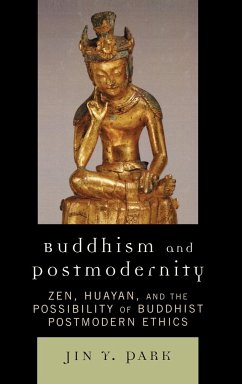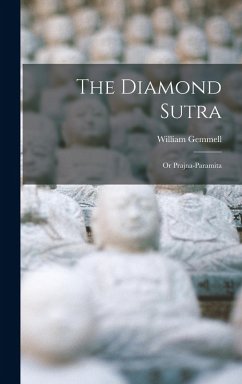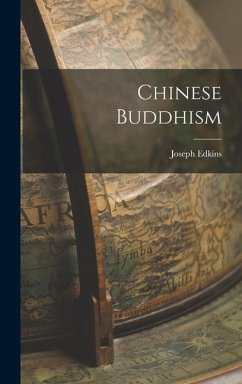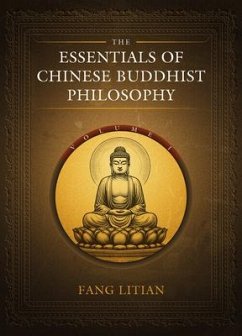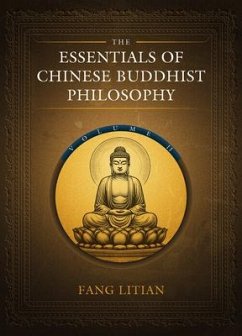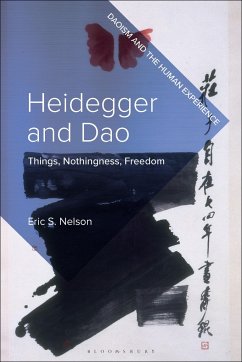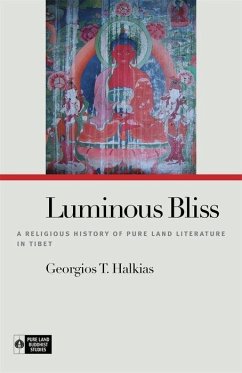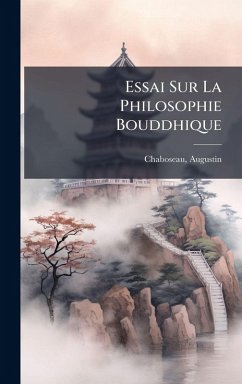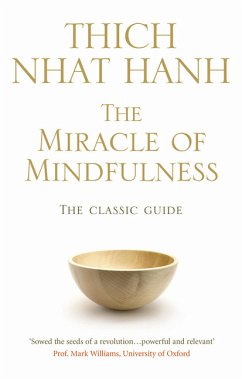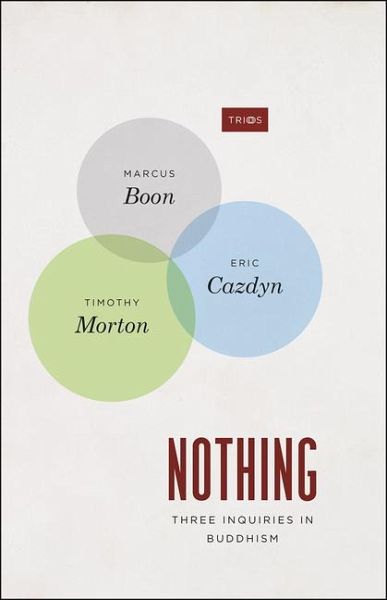
Nothing
Three Inquiries in Buddhism

PAYBACK Punkte
14 °P sammeln!
The three extended essays in this book provide a set of much-needed inquiries into the connections between Buddhism and critical theory. Both Buddhism and critical theory struggle with the same contemporary forces, from ecological peril to psycho-social violence, and they both offer radically negative critiques of the present as well as utopian postures toward the future. Like other books in the innovative TRIOS series, this one offers readers ambitious essays produced through long-standing conversation among three challenging thinkers. The first essay, by Marcus Boon, explores the politics of...
The three extended essays in this book provide a set of much-needed inquiries into the connections between Buddhism and critical theory. Both Buddhism and critical theory struggle with the same contemporary forces, from ecological peril to psycho-social violence, and they both offer radically negative critiques of the present as well as utopian postures toward the future. Like other books in the innovative TRIOS series, this one offers readers ambitious essays produced through long-standing conversation among three challenging thinkers. The first essay, by Marcus Boon, explores the politics of sunyata or emptiness as they emerged from 1936 to 1976 in the wake moments of political crisis for both Buddhism and Marxism. Boon illuminates the role of Buddhism in the work of the French philosopher Georges Bataille, the Buddhist politics of the Tibetan writer Gendun Chopel, and the Buddhist anarchism of Gary Snyder. Eric Cazdyn s essay reveals a shared function between the Buddhist category of enlightenment, the Marxist category of revolution, and the psychoanalytic category of cure. The third essay in this trio, by Timothy Morton, explores a phenomenon he calls Buddhaphobia, a fear of Buddhism he attributes to modernity s anxieties about nothingness. Morton argues that critical theory can speak to our dark ecological future only if it attends to current forms of economic and social nihilismand challenge in which Buddhism can serve critical theory as an ally."




